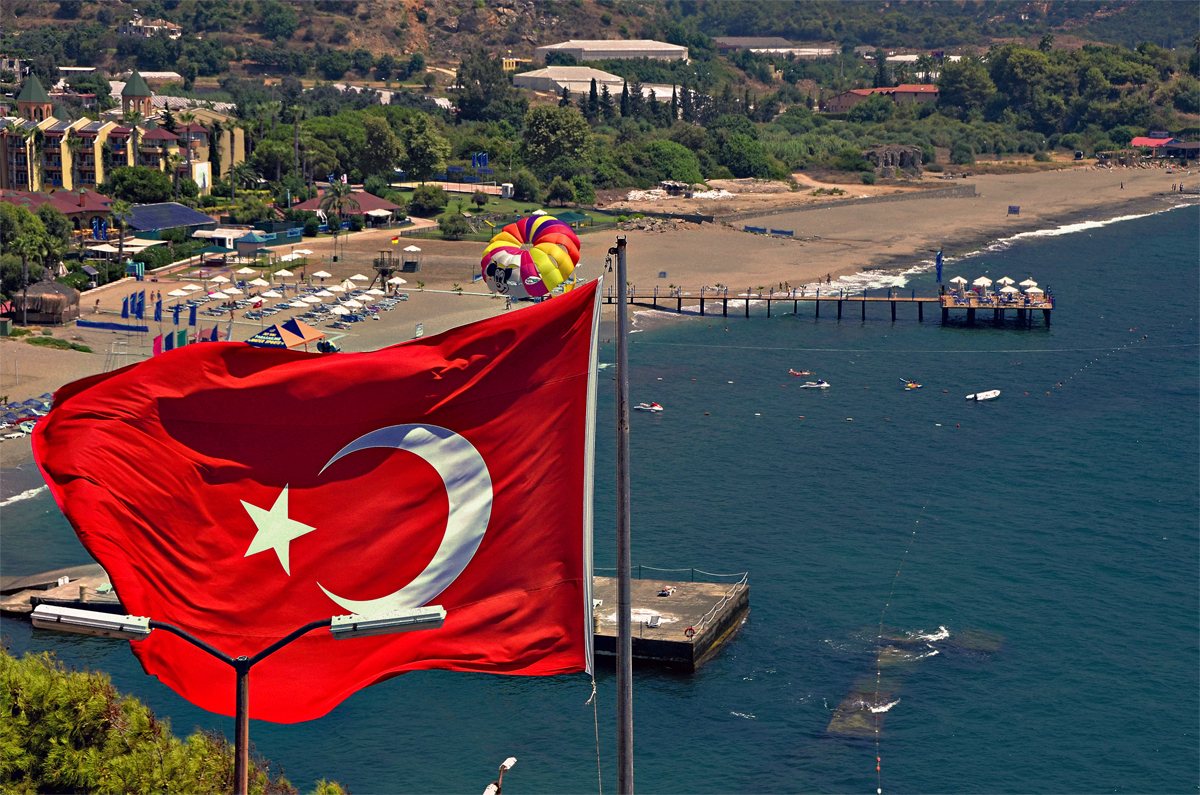Due to the huge number of tourists from Germany and Russia, in the young areas, mostly in the regions around Antalya, you will be easily understood if you speak German or Russian.
In other words, in tourist areas you will not have any difficulties in communicating with people and turkish to english translation. Some of the Turks will even be able to communicate with you in French, Italian, Spanish and Dutch.
However, in case you are planning to travel to the Black Sea or to the eastern part of the country, knowing a few Turkish words from spoken Turkish will be very useful for you to communicate.
The Turkish people are very friendly and very responsive, so people there behave very directly and with increased sensitivity (! By the way, Turkish men can kiss each other, which does not mean that they belong to sexual minorities. It just expresses the closeness of people). Turks may be very eager to chat with you, some even rush to demonstrate their knowledge of a foreign language to you (for example, if they attend English courses) or take the opportunity to get some language practice.
Do not be alarmed if the Turks suddenly start asking you questions in English, like “Where are you from?” (Where are you from?), “Is it the first time in Turkey?” (Is this your first visit to Turkey?), “Where do you stay?” (Where do you stay (live) here?), “What is your name?” (What is your name?).
It’s just their habit of trying to speak a foreign language and translate turkish to english, in this case speaking English… By the way, if a Turk hears a Turkish word from a foreigner, he will be very flattered and will try to help you in any way he can.
Turkish can be called a simple language. It is easy to speak and easy to read. All words are spelled exactly as they are pronounced. You just need to read the word using the alphabet of your own language (in case you are using Latin). You will almost perfectly pronounce any Turkish word. There are, however, a few exceptional letters that you will need to learn separately in order to speak and read Turkish correctly.
In addition to letters such as c,g,i,o,s,u, there are also letters in Turkish such as “ç” (h), “ğ” (not pronounced, but affects the pronunciation of the previous letter, gives a hard attack ), “ı” (s), “ö” (ё), “ş” (sh), “ü” (yu).
Also in the Turkish alphabet you will not find letters like “x, q and w”.
Turkish alphabet
So, in the Turkish alphabet, there are 29 letters – A-B-C-Ç-D-E-F-G-Ğ-H-I-İ-J-K-L-M-N-O-Ö-P-R-S-Ş-T-U-Ü-V-Y-Z.
